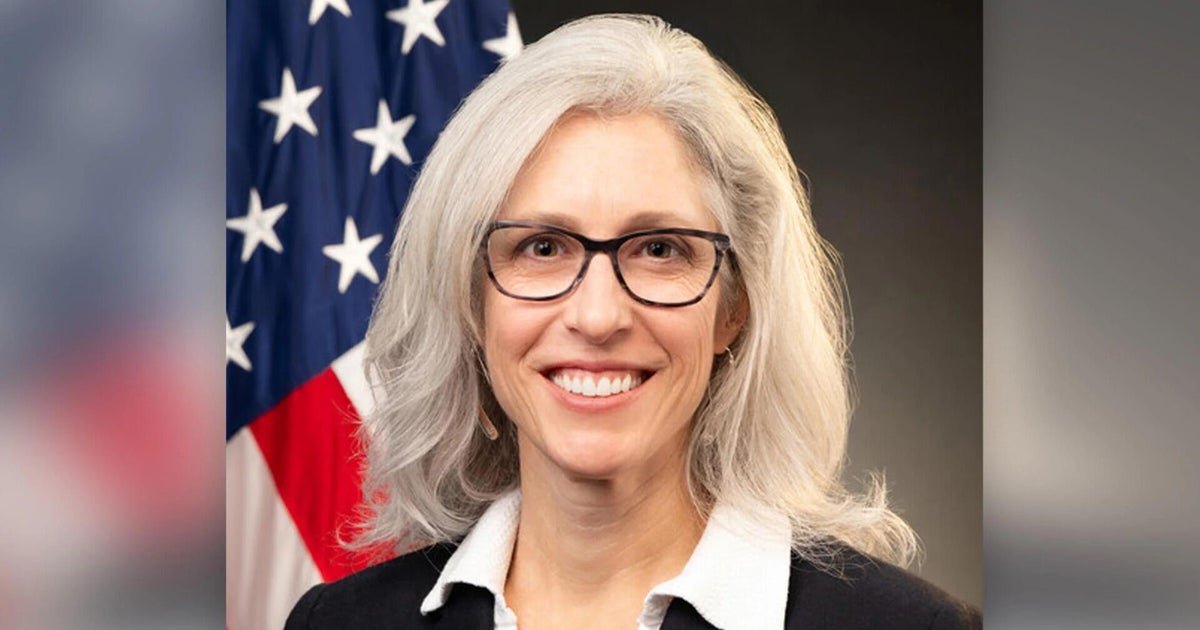From vaccines to fluoride, here's what the newly confirmed CDC director Susan Monarez has said about some key health topics.
Why it matters
- Susan Monarez's confirmation as CDC director signals a renewed focus on vaccination and public health measures amidst ongoing health challenges.
- Her stance on fluoride and vaccination may influence national health policy and community health initiatives.
- Monarez's leadership comes at a crucial time as the nation continues to navigate the complexities of public health communication.
In a pivotal moment for public health, Susan Monarez has been officially confirmed as the new director of the Centers for Disease Control and Prevention (CDC). Monarez, who has a wealth of experience in public health and epidemiology, is stepping into her role at a time when trust in health institutions is vital. Her approach to key health issues, particularly vaccination and community health strategies, is expected to shape the CDC's direction in the coming years.
Monarez has made it clear that her administration will prioritize vaccination programs as a cornerstone of public health. With the COVID-19 pandemic having underscored the importance of immunization, she aims to bolster vaccine confidence among the American populace. During her confirmation hearings, she acknowledged the challenges of misinformation surrounding vaccines and emphasized the need for transparent communication to combat these issues. “Our job is to ensure that the public has access to accurate information about vaccines and their benefits,” Monarez stated, reflecting her commitment to restoring faith in vaccination as a critical public health tool.
In addition to vaccines, Monarez has addressed another controversial health topic: fluoride. Her comments indicate a balanced view, recognizing fluoride's role in dental health while also advocating for informed community choices. “Fluoride can significantly reduce cavities, but we must also respect the concerns of communities,” she explained. This nuanced perspective could pave the way for more localized discussions about fluoride use in water supplies, balancing scientific evidence with public sentiment.
Monarez's leadership style is characterized by collaboration and inclusivity. She advocates for a team-based approach within the CDC, encouraging input from various stakeholders, including health officials, community leaders, and the public. Her vision includes strengthening partnerships with local health departments to enhance the efficacy of public health initiatives. By fostering collaboration, she hopes to create a more responsive and adaptive health system capable of addressing diverse community needs.
As she embarks on her tenure, Monarez is also keenly aware of the ongoing public health challenges that the nation faces. The rise of new infectious diseases, coupled with the persistent threat of vaccine-preventable illnesses, necessitates a proactive and agile response from the CDC. Monarez has committed to ensuring that the agency remains at the forefront of scientific research and innovation, advocating for policies that are both evidence-based and community-centered.
Furthermore, Monarez’s emphasis on mental health as part of the broader public health agenda is noteworthy. Recognizing the mental health crisis exacerbated by the pandemic, she plans to integrate mental health services within existing health frameworks. “We cannot overlook the mental well-being of our communities; it is as important as physical health,” she articulated, highlighting her intention to address the interconnectedness of mental and physical health.
The challenges facing the CDC are significant, and Monarez's approach will be closely monitored by both health professionals and the public. Her ability to navigate political pressures while advocating for science-based health policies will be crucial in restoring confidence in the agency. Stakeholders are hopeful that her leadership will lead to greater transparency and improved public engagement in health matters.
In her opening remarks as CDC director, Monarez expressed a commitment to adapting the agency’s strategies to meet the evolving landscape of public health threats. “We must be prepared for both current and future challenges, ensuring that our response is swift, effective, and equitable,” she affirmed. As she settles into her role, the focus will be on implementing comprehensive strategies that not only address immediate health concerns but also lay the groundwork for a healthier future.
As the nation looks to Monarez for guidance, her confirmation is seen as a beacon of hope for public health advocates. The CDC, under her direction, is poised to strengthen its role as a leader in health promotion, disease prevention, and community engagement. The coming months will be critical in determining how her policies and initiatives will shape the future of public health in America.











